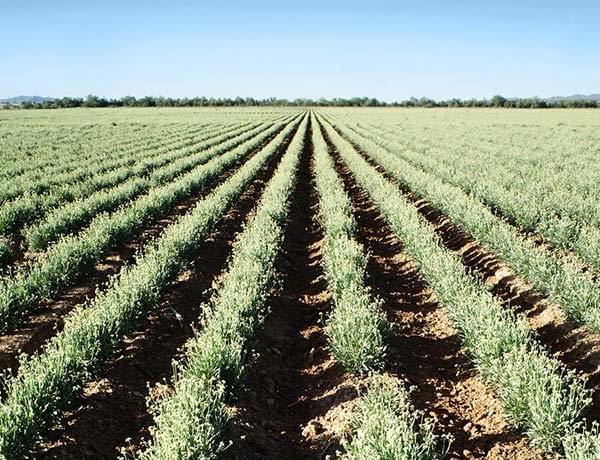
Pirelli confirms its “go green” trend and, after employing raw materials derived from rice husk to replace traditional rubber chemical compounds, introduces its new ultra-high-performance tyres made with natural materials derived from guayule.
After signing an agreement with Versalis (a company of Eni Group), in 2013, Pirelli’s researchers have studied features of guayule-derived rubber to start a joint research project for using guayule-based natural rubber in tyre manufacturing. The research project will run over a period of three years.
Prototype guayule-based UHP tyres, produced after just two years of development, have been recently tested on the Vizzola and Balocco test tracks in Italy, using a Maserati Ghibli, to stress tyre treads at the very limit.
Italian tyre manufacturer saved no effort in putting new tyres under severe strain, even in wet conditions. Performance? Similar to tyres made from synthetic polymers derived from petroleum (synthetic rubber).
Why use guayule? Guayule (parthenium argentatum, the scientific name of the plant), is a renewable, non-food crop that requires little water usage, no pesticides and is an alternative source of natural rubber thanks to its hypoallergenic properties, unlike the more common Hevea rubber.
These results are particularly important, especially in relation to the recent COP21 Conference on environment, and confirm Pirelli’s commitment in researching for new materials from renewable sources, employing low-environmental impact procedures in tyre production. In fact, the Italian manufacturer is already producing tyres using silica obtained from rice husks, an inedible substance that is renewable and does not impact the food chain.
Choosing a green future: world's leading experts who apply “green chemistry” are already transforming organic waste into valuable resources/materials for tyre production, with obvious benefits to both environment and cost-saving.




